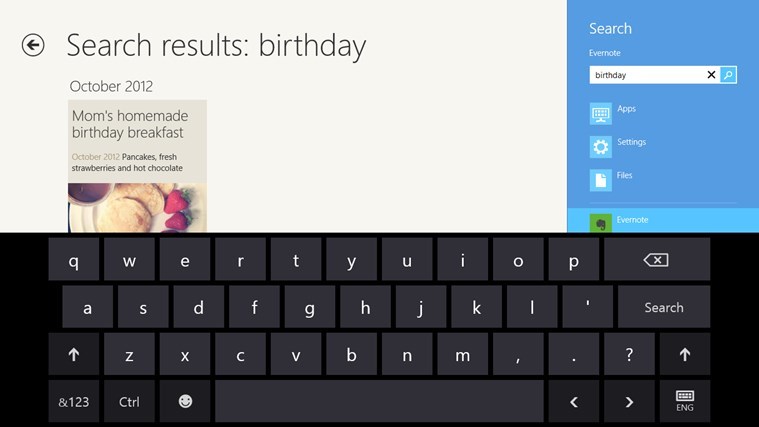


It might be a bit of work (nothing excessive), but it’s well worth the effort. On Desk/Lap based devices, you get good video instructions for installing the official package for Debian based Linux distros and for Windows as well. On Android, you can get official and unofficial clients from the Play Store, on iOS, you can check out the unofficial Möbius Sync client or you can try the official beta via TestFlight (see their forum post for details). Syncthing’s community contributions page details all the ways you can get the thing, depending on your OS.

There are many ways you can install the application, and it will mostly depend on your platform. Syncthing is very configurable, easy to use (after some initial setup) fast, and painless, making it an ideal addition to your cloudless setup.

It is a free and open source, peer-to-peer file synchronisation solution available for a ton of platforms (Windows, Linux, Mac, Android, and lately even iOS, plus the less obvious ones, like BSDs and some NAS setups). If you have not heard of Synthing yet, you have been missing out. When a commenter ( the commenter at the time of writing for that is the sole comment right now) asked about the viability of Syncthing to be used to sync TagSpaces notes, I had the bright idea to write about it. I have been using Syncthing, for a good while now to access my TagSpaces notes on all my devices, and I have recently written about this (again). Personal file clouds such Owncloud/Nextcloud can be daunting to set up and might have additional hardware requirements, like for example a NAS, and while using the BitTorrent protocol appears to be a good idea in theory, Resilio Sync (formerly BTSync) can be buggy in real-life scenarios, plus the software is still proprietary, a Syncthing to the rescue Also, I know it’s still cloud, but with services like those, at least you are more in control.) ( TagSpaces Pro can be connected to cloud-based object storages like AWS S3 or Wasabi, but that option is really more geared towards professional users, as the “Pro” badge in the name implies. Of course, file-based notes are quite easy to sync with cloud services like Dropbox, or Google Drive, but that in itself defeats using non-vendor-locking cloudless software, since are turning back to the cloud, and giving up your data just to have it available across your device. While no-cloud, offline note taking solutions like everyone’s favourite TagSpaces are still the privacy-conscious user’s best choice cloud based apps, like the ever-popular Evernote, or the newer contestant Notion have the very distinct advantage of your notes always being available.


 0 kommentar(er)
0 kommentar(er)
